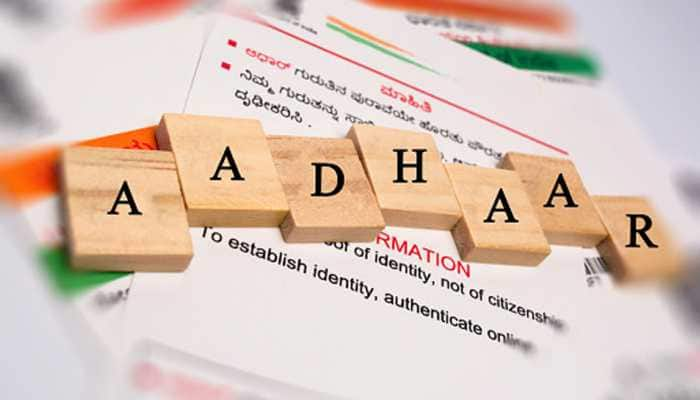GST Rules Changing From August 1, To Impact Lakhs Of Companies In India --Know What Is Changing
For major businesses with a revenue of more than Rs 500 crore, e-invoicing was initially adopted in 2020.
Trending Photos
)
According to a circular from the Ministry of Finance about the Goods and Services Tax (GST) system, businesses having a turnover of more than Rs 5 crore will need to provide electronic invoices starting from 01 August 2023.
For major businesses with a revenue of more than Rs 500 crore, e-invoicing was initially adopted in 2020. Within three years, however, the threshold was decreased to Rs 5 crore. Beginning on October 1, 2020, businesses with annual revenues over Rs 500 crore were required by legislation to use electronic invoicing for business-to-business (B2B) transactions. On January 1, 2021, businesses with annual revenues over Rs 100 crore were required to do the same. Beginning on April 1, 2021, businesses with annual sales of more exceeding Rs 50 crore began creating B2B e-invoices. The threshold was lowered to Rs 20 crore as of April 1, 2022. As of October 1, 2022, the threshold was further lowered to Rs 10 crore.
Srivatsan Sridhar, Founder and CEO, Skydo said, "The implementation of lowering the threshold for e-invoicing has been done in a phased manner considering the readiness of businesses, particularly small and medium-sized enterprises (SMEs). The purpose is essentially to promote the adoption of digital invoicing and streamline financial processes, reducing delays in payment and improving overall cash flow, making them more efficient and cost-effective for businesses and the government."
For businesses, consequences of non-generation of e-invoice or non- compliance are that the business entity could face a penalty of 100% of the tax due, penalties of up to ₹10,000 per missing invoice & ₹25,000 per incorrect invoice, delayed payments and GST withholding. Therefore, it is important for businesses to understand the specific requirements, comply with the e-invoicing regulations, and ensure seamless integration of their invoicing systems with the designated ERP, Sridhar added.
ACES-GST backend application for Central Tax Officers now includes an automated return scrutiny module for GST returns, according to a related piece of GST news from the Central Board of Indirect Taxes & Customs (CBIC). Nirmala Sitharaman, the union minister for finance and corporate affairs, gave instructions to launch an automated return scrutiny module for GST returns as soon as possible at a recent evaluation of the CBIC's performance.
Earlier, CBIC rolled out the Automated Return Scrutiny Module for GST returns in the ACES-GST backend application for Central Tax Officers in order to deploy this non-intrusive method of compliance verification. According to a press release, this module would allow the officers to examine the GST returns of Centre Administered Taxpayers who have been chosen based on data analytics and system-identified hazards.
The module displays discrepancies to the tax officials due to risks linked with a return. According to the press release, tax officers are given a workflow for communicating with taxpayers via the GSTN Common Portal regarding discrepancies discovered under FORM ASMT-10, receiving a taxpayer's response in FORM ASMT-11, and taking action in the form of either issuing an order of acceptance of reply in FORM ASMT-12, issuing a show-cause notice, or starting an audit or investigation, the release said.
Stay informed on all the latest news, real-time breaking news updates, and follow all the important headlines in india news and world News on Zee News.
Live Tv







)
)
)
)
)
)
)
)
)
)
